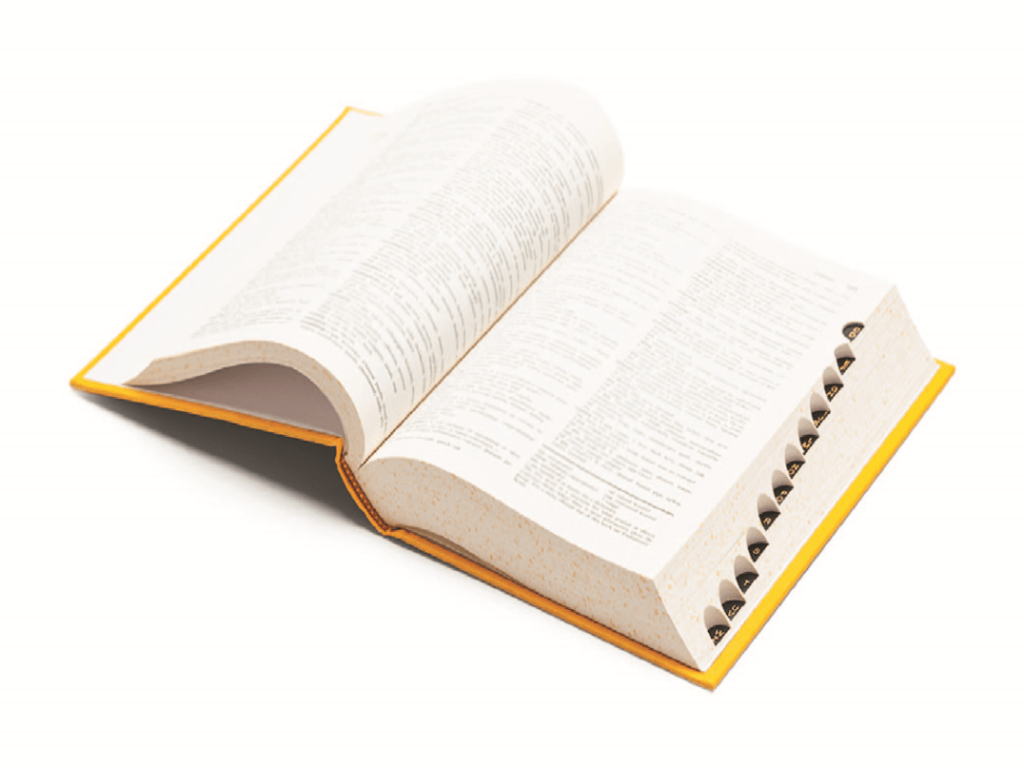The 2002 statistics on enrollment in foreign languages in U.S. institutions of higher education show that enrollments in Arabic were relatively stable during the 1980s. However, since 1995 they have shown rapid growth, particularly between 1998 and 2002, almost doubling. Arabic is among the fifteen most commonly taught languages in the U.S. Thus, there is the pressing need for dictionaries designed for English-speaking users as the target group. Translating is generally viewed as a process of establishing equivalence between the source language and the target language at all linguistic levels (lexical, grammatical and textual). In order to help any Arabic language learner, we compiled a list of popular English to Arabic/Arabic to English dictionaries.
Reverso
If you are searching for an Arabic dictionary online, this would be one of them. It features commonly used words and expressions, along with thousands of English entries and their Arabic translation added in the dictionary by their users.
Lisaan Masry
Another online dictionary, Lisaan Masry is an Egyptian-Arabic dictionary. Egyptian is an Arabic dialect. But don’t worry, Egyptian is the most known dialect of them all due to the amount of media productions aired worldwide.
Bilingual Visual Dictionary
This online dictionary uses pictures for a range of useful current Arab vocabulary. Some language learners have a developed photographic memory, so including pictures aids understanding and retention of information.
Arabic English Thematic Lexicon
What is different about this dictionary is that it also includes phrases and commonly used collocations.
Glossary Of Islamic Terms
This dictionary is particularly useful for those engaged in Islamic studies as it provides both religious teachings and translations.
Dictionary Of Modern Written Arabic
This dictionary provides vocabulary and phraseology of Modern Standard Arabic. Books, newspapers, radio and television have this form of language.
Oxford English–Arabic Dictionary
The Oxford Arabic Dictionary is the most authoritative English-Arabic/Arabic-English dictionary. When publishers come up with new Arabic dictionaries they use it as a comparison term.
In conclusion, the benefıts of dictionaries to language learners should not be ignored in classes. Unfortunately, most classrooms provide very little time for dictionary use. However, it is an undeniable fact that a learner who makes good use of a dictionary will be able to continue learning outside the classroom. This will give him considerable autonomy about the decisions he makes about his own learning. In a teaching/learning situation, therefore, dictionary training should be an integral part of any syllabus.
If you liked this article and would like to start learning Arabic, why not head over to our website and download the Kaleela Arabic learning app and learn to speak Arabic today? With the Kaleela Arabic learning app you can start learning Arabic on your own, at your own pace, whenever and wherever you want. It really is the best way to learn Arabic! Try it now and find out why.



